The global novel coronavirus (COVID-19) pandemic has reached our shores and people are understandably concerned.
While the government has implemented wide-ranging measures to contain the disease’s spread by declaring a national state of disaster, limiting mass gatherings and closing schools, everyone can do their part to protect themselves and those around them.
Here are 5 tips you can embrace as a proactive approach to bolster your immune defences:
Tip #1: Up your personal hygiene game
The best defence against a virus is a proactive offence. In the current context, that means going a bit OCD on things like hand washing and human contact – social distancing is vital in the context of COVID-19 containment.
So wash your hands regularly using soap with an antimicrobial agent to kill the virus (anti-bacterial soaps may not be as effective), or one that contains 60% alcohol.
Wash your hands after touching public or communal surfaces, especially at places like work, the shopping mall or the gym where there are high concentrations of people, or even at home.
This is also a good idea after coming into contact with other people, whether they’re presenting with symptoms or not. This is because the transmission of germs and viruses is primarily done via hand-to-hand contact or surface-to-hand contact.
Other ideal times to wash hands are when you get home, to protect your family from anything you may have picked up, and definitely after coming into contact with anyone who displays symptoms.
Always avoid touching your face, especially your mouth, nose and eyes before you’ve had a chance to wash your hands.
Other helpful hygiene tips:
- Wipe down communal surfaces in your home.
- Don’t share eating utensils and cups and glasses at home
- Separate toothbrushes in the bathroom so that they don’t all touch each other.
Tip #2: Eat for immunity
Proper nutrition is one of the most powerful ways you can boost your immune system. Likewise, a poor diet will increase your susceptibility to illness.
The body derives the essential nutrients it needs to support immune-system function and produce disease-fighting immune cells from the foods we eat.
A lack of one or more of these essential nutrients may prevent the immune system from functioning optimally. As such, it is vitally important to eat a balanced, healthful diet that contains plenty nutrient-dense fresh fruits and vegetables. These types of foods are also packed full for important vitamins and minerals, as well as antioxidants, which can help boost immunity and fight off colds and flu.
It is also advisable to avoid restrictive diets during this time. Individuals who follow an energy-restricted or macronutrient-deficient diet can be more susceptible to contracting a virus or infection.
For instance, studies show that training in a glycogen-depleted state after spending several days on a low-carbohydrate diet (less than 10% of dietary intake from carbohydrates) exaggerates the release of stress hormones when compared with normal or high-carbohydrate diets. This enhanced stress hormone release is linked to a decrease in immune function.
Tip #3: Supplement for better immunity
Research into nutrition has shown that the immune system can be strengthened and optimal immunity can be achieved with specific nutrients, such as vitamin C, and vitamin E, zinc, selenium, folic acid and coenzyme Q10.
Taking EPA/DHA-rich purified fish or krill oil supplements can also boost infection-fighting white blood cell activity, lower your risk of heart disease and increase longevity.
Vitamin D is another important vitamin (however, it is technically classified as a hormone in the forms found in the body) that supports the immune system by reducing levels of inflammatory proteins called cytokines.
It also increases the amounts of antimicrobial proteins, which destroy invading germs and viruses and constitute our adaptive immune system which builds immunity via immunological memory following exposure to specific antigens.
Antioxidants are also necessary to reduce the build-up of the stress hormones that can overwhelm your immune response. While most of these micronutrients should be derived from our diet, modern food processing and cooking can reduce the nutrient-density of our diets. Our bodies also often require excess nutrients to meet heightened demands during periods of illness or stress.
As such, supplementing whole food sources with suitable high-potency vitamin and mineral products is often a sensible and effective means to plug any nutritional gaps.
Additional supplements to consider include glutamine and branched-chain amino acids (BCAA). Glutamine stimulates the activity of certain immune cells, such as lymphokine-activated killer cells. Studies have also shown that many immune cells have an unusually high capacity to utilise glutamine, but are unable to synthesise it in its original state. They, therefore, require a constant supply from blood plasma. And as BCAAs work in the body to provide a substrate for glutamine production, supplementing with BCAAs may provide additional immune-system support.
Various herbs and superfoods such as echinacea and Spirulina, have also been touted as immune-boosters. For example, Spirulina supplementation reduces oxidative stress by increasing antioxidant activity within the body.
Tip #4: Reboot your system
According to the findings of a study conducted at the University of Southern California, fasting for as little as three days can regenerate your entire immune system. The research suggested that periodic fasting stimulated stem cells to produce new white blood cells, which help to fight off infection.
There are, however, other ways to reboot your immune system without going to such extremes. For instance, Stanford University researcher Firdaus Dhabhar, who is an expert in immune system function, has concluded numerous studies that confirm that bouts of acute stress – short-term, intense stress in various forms – stimulates and bolsters the immune system in a positive way. The proviso seems to be that underlying stress levels should be low, otherwise, this short-term stress can trigger illness by actually lowering the immune system.
Research also shows that cold therapy can also boost immune system function. One study published in the European Journal of Applied Physiology and Occupational Physiology showed that six weeks or more of cold water (14ºC) immersions, repeated three times a week, improved the immune system.
Researchers determined that the cold initiated a “fight or flight” response, which triggered an immune response – a “small, but significant, increase in the proportions of lymphocytes”, which are infection-fighting cells.
Tip #5: Support your gut
Your gut, or more specifically the microbiome it houses, plays an important role in ensuring optimal immune system function. That’s because, in addition to the beneficial probiotic bacteria (or flora) that reside in your gut that aid digestion, our intestines contain more immune cells than the rest of our body. In fact, the gut wall houses 70% of the cells (lymphoid tissue) that comprise our immune system.
That’s why it’s beneficial to create and maintain good gut health, which can be achieved by eating a natural, whole food diet that contains sufficient amounts of prebiotic material that the gut bacteria can feed on and flourish. These foods include sources of natural fibre and fermented foods.
However, eating prebiotics does little if you lack the gut flora to digest it. Stress, antibiotics, sugar and processed foods all impact the probiotics that reside in our gut, so it is important to repopulate the microbiome with the right sources of these beneficial bacteria.
And a healthy level and diversity of probiotics also have a direct benefit to the immune system, with research into the immuno-stimulatory properties of these beneficial bacteria showing that supplemental use caused circulating natural immune killer cells to return back to normal resting levels after intense or stressful exercise.

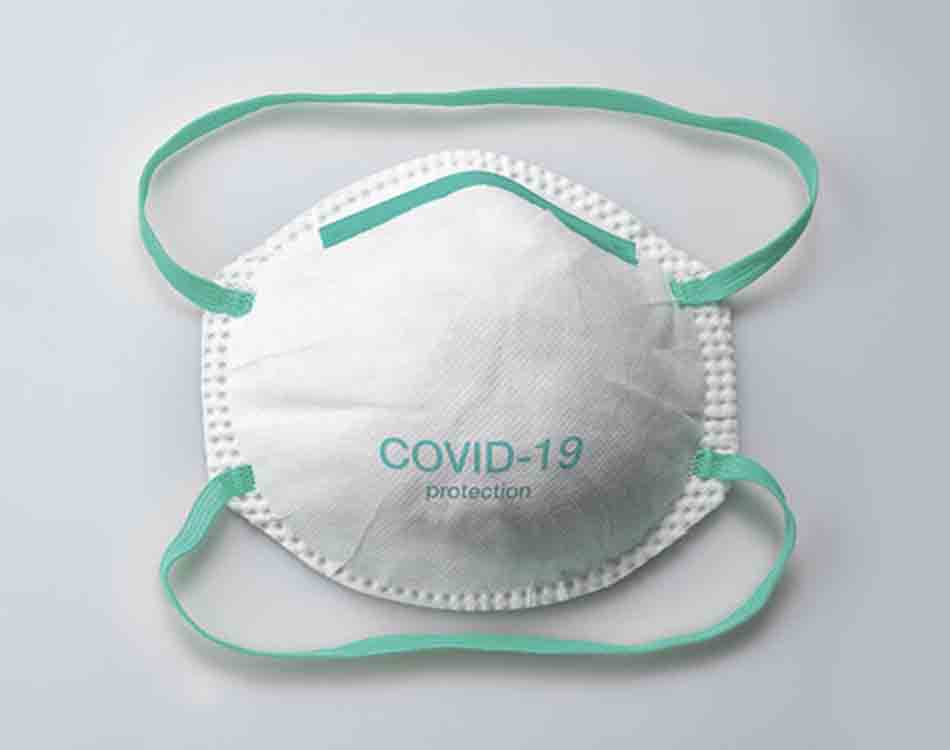

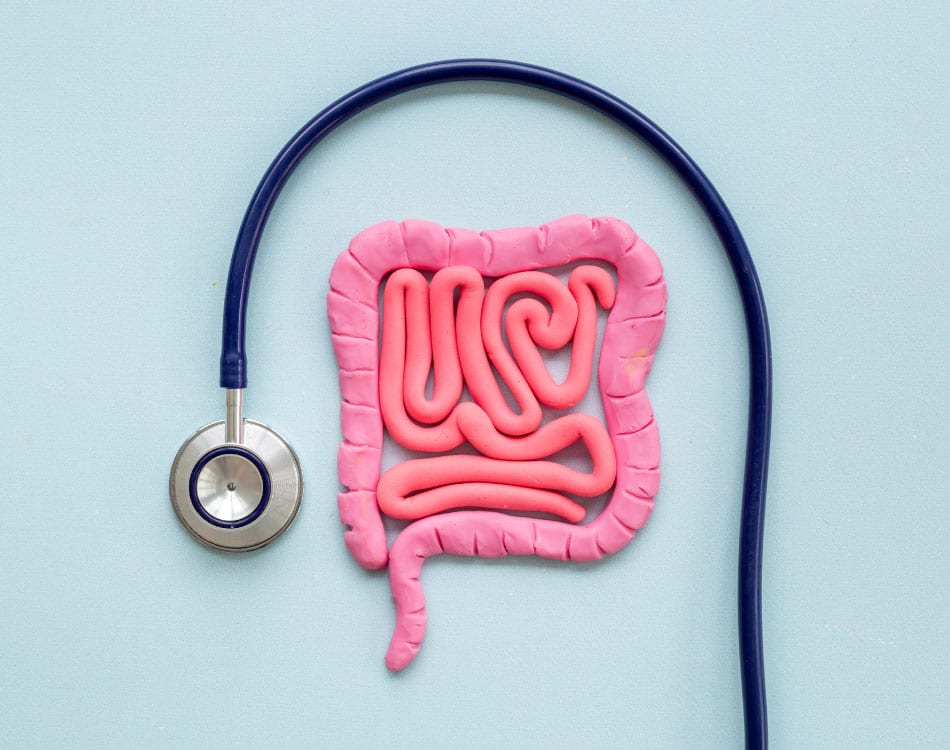


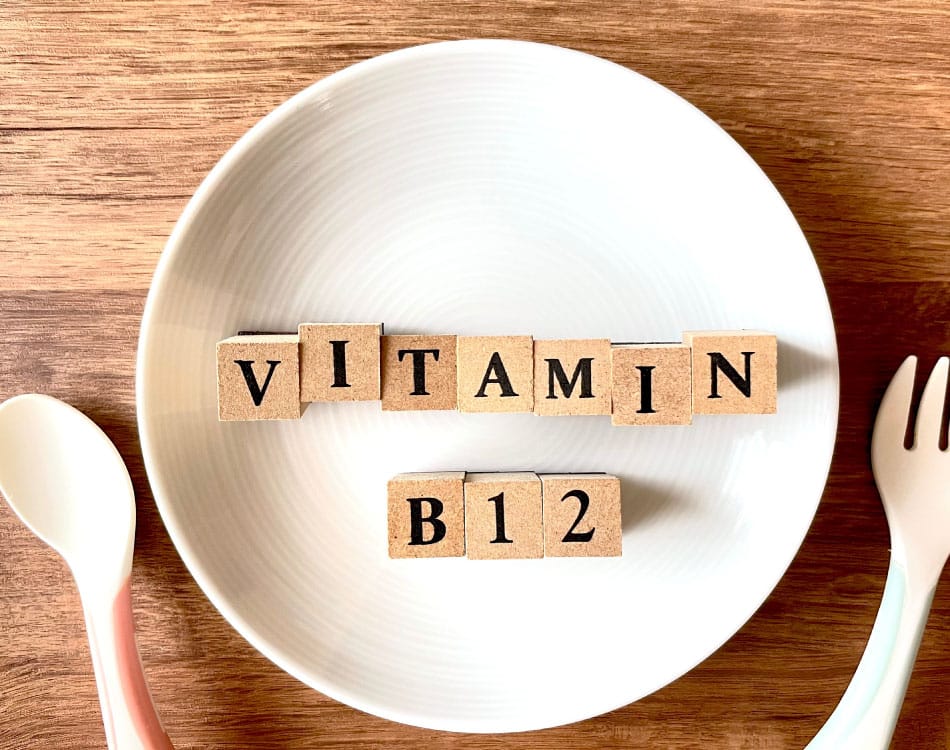






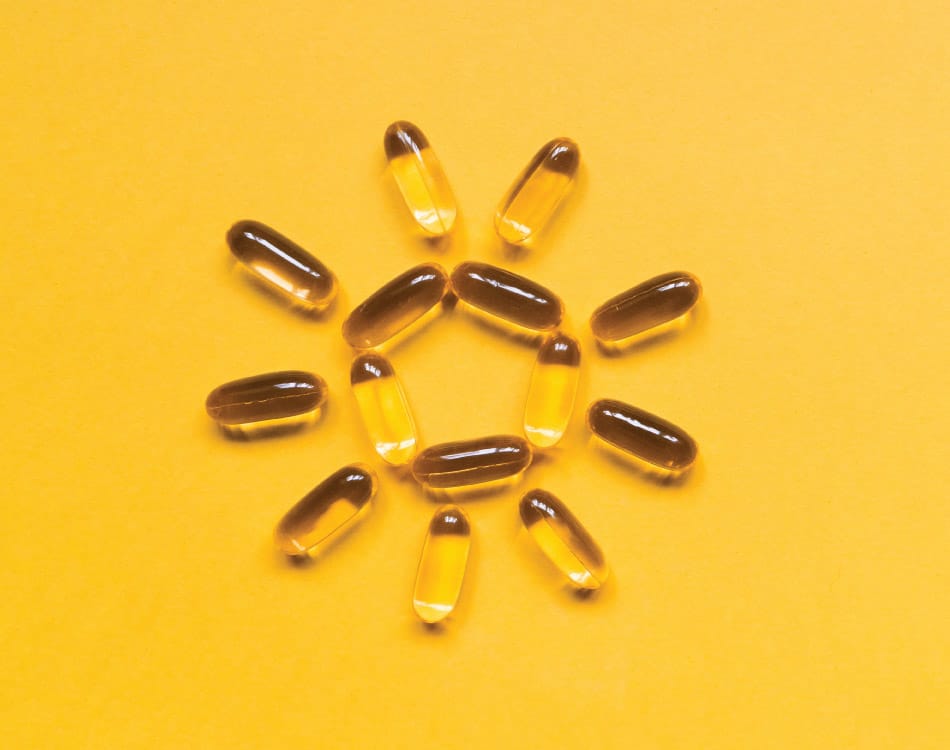
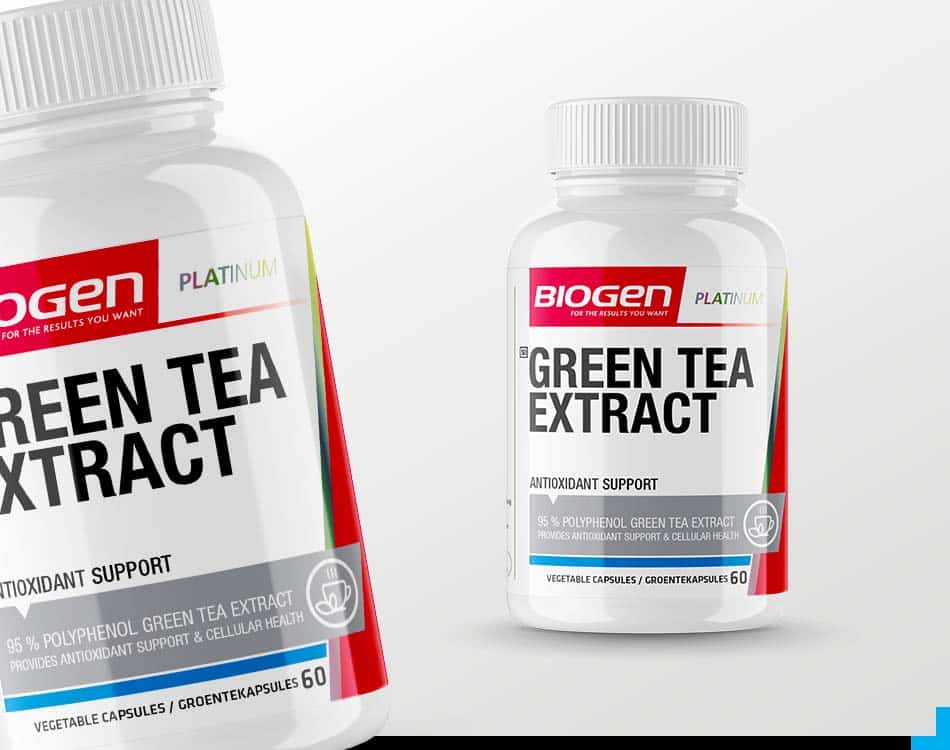



Leave A Comment